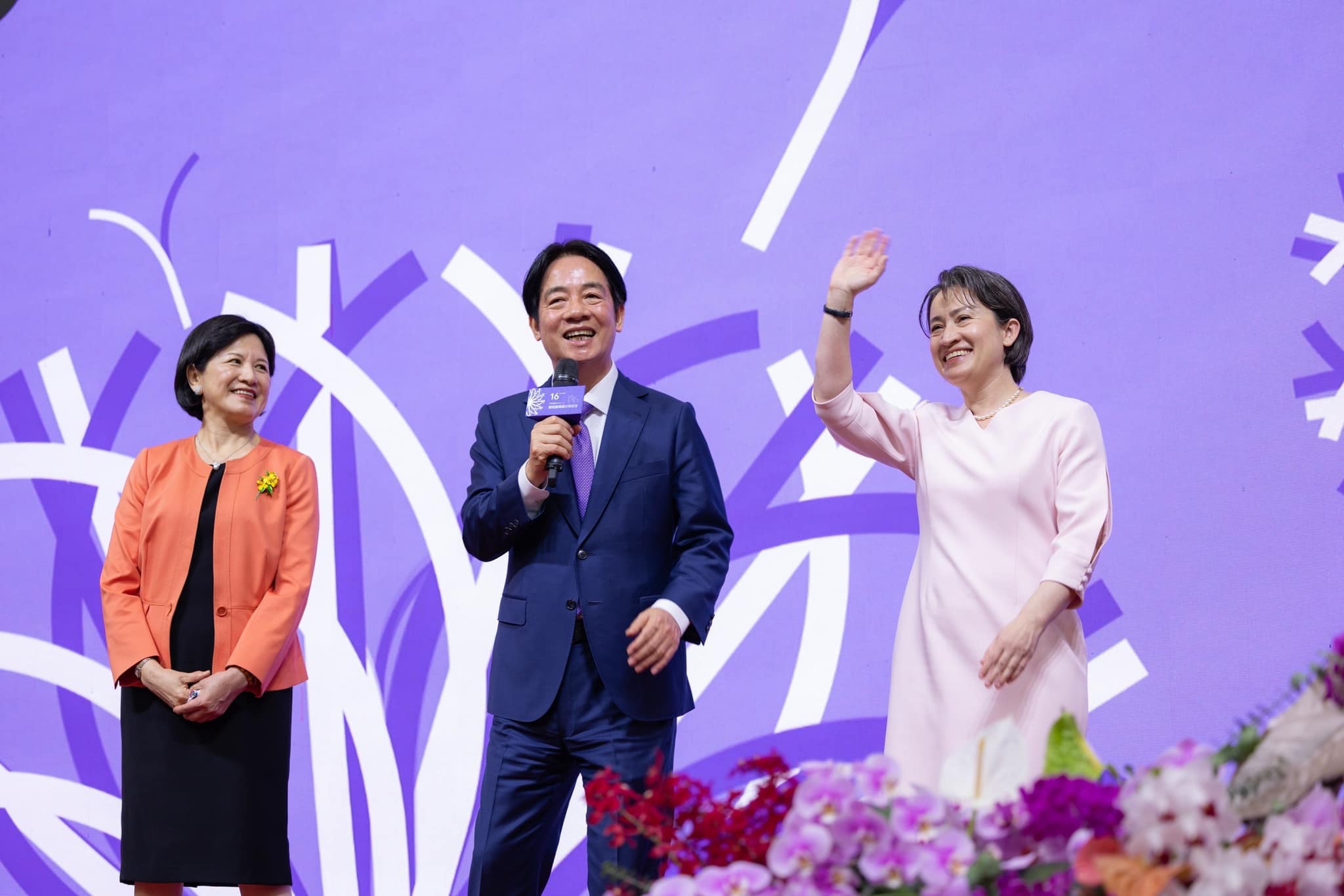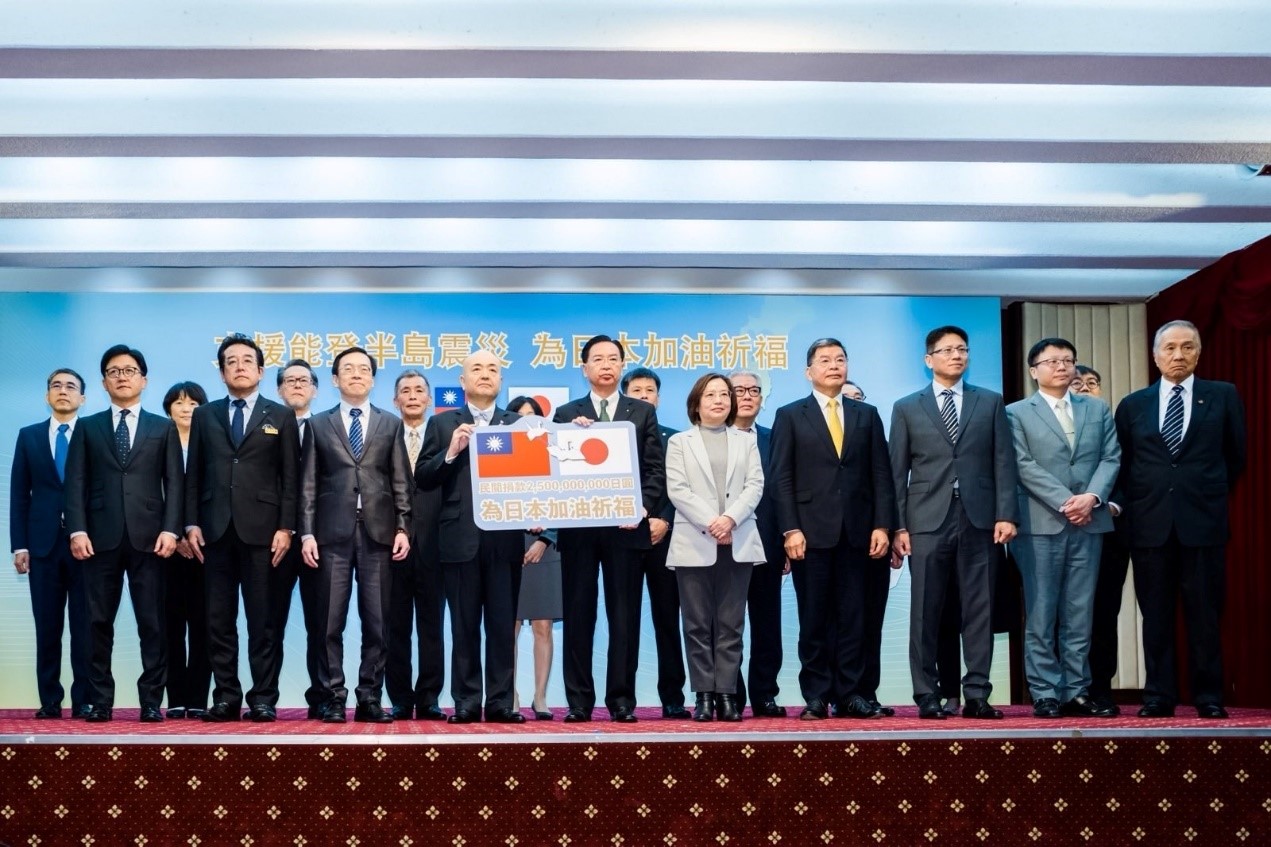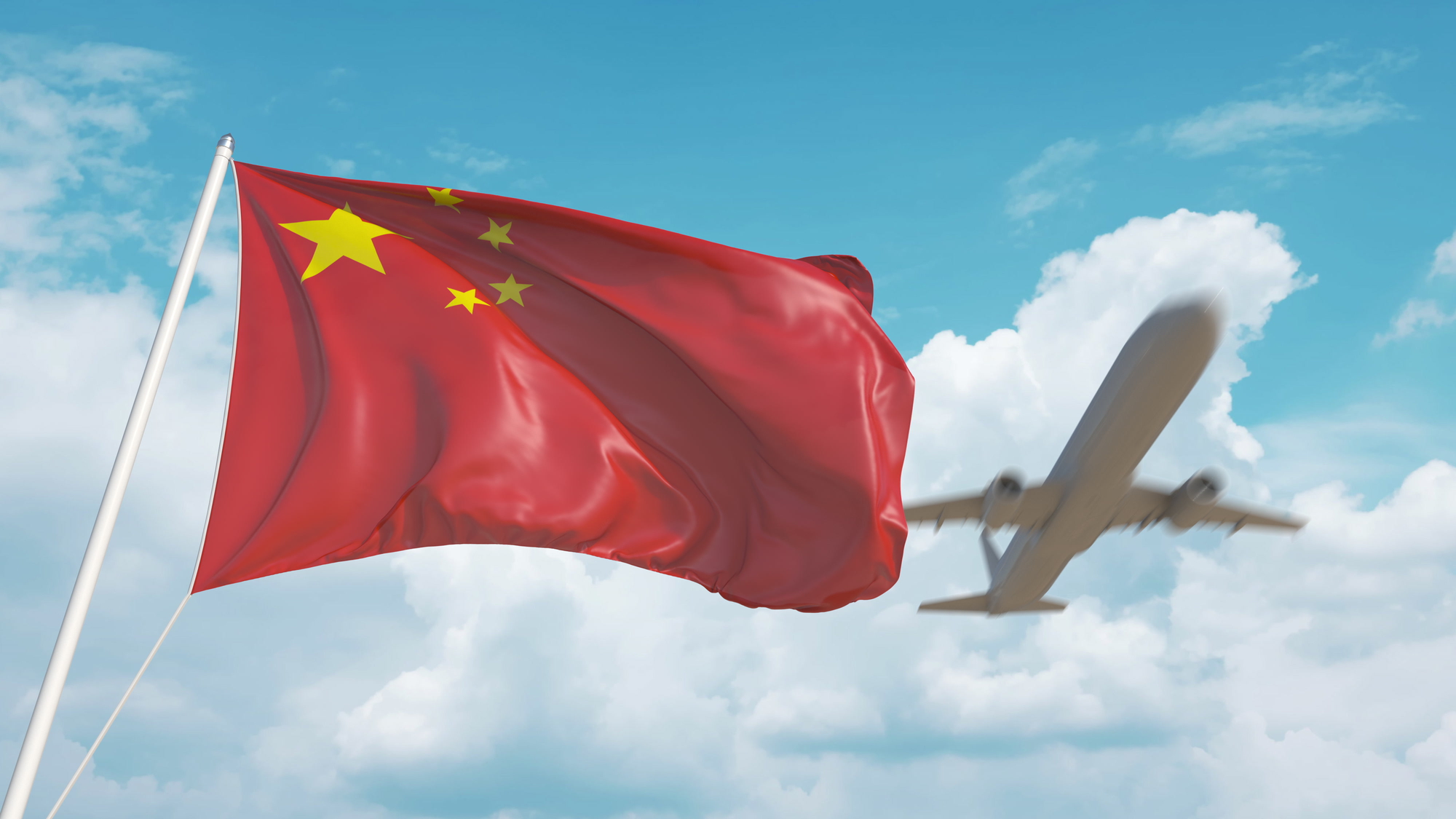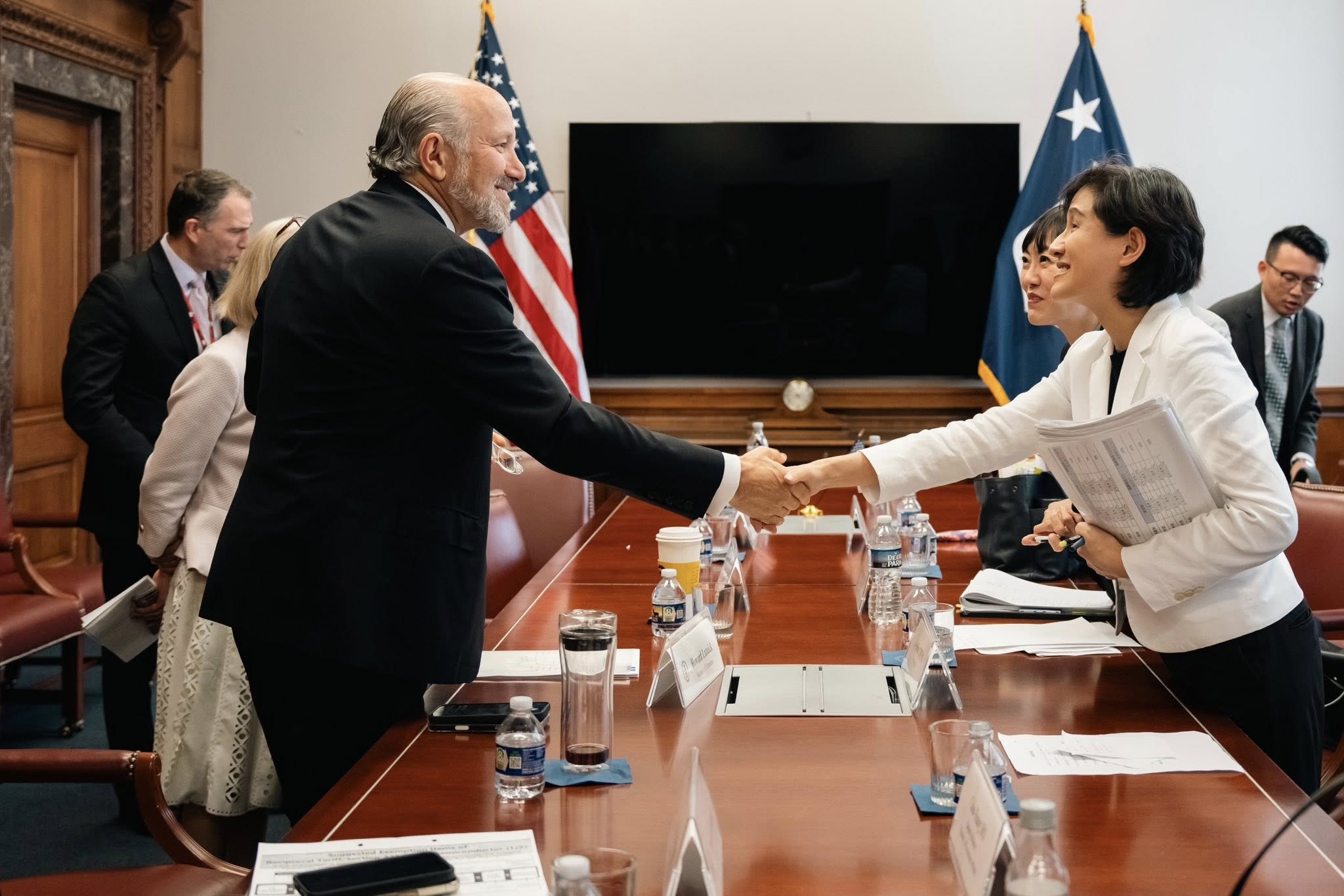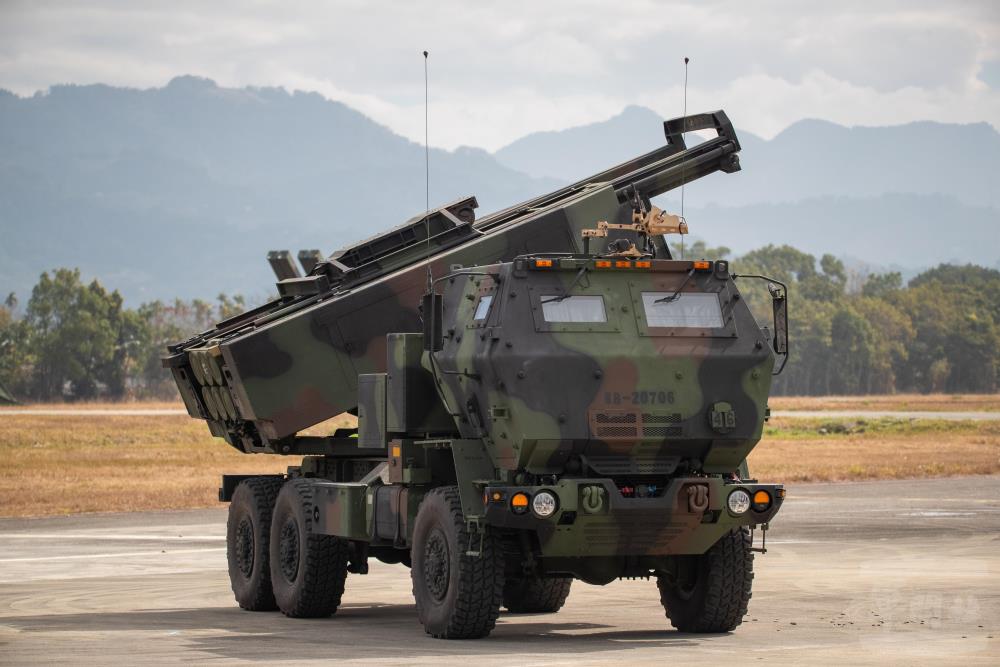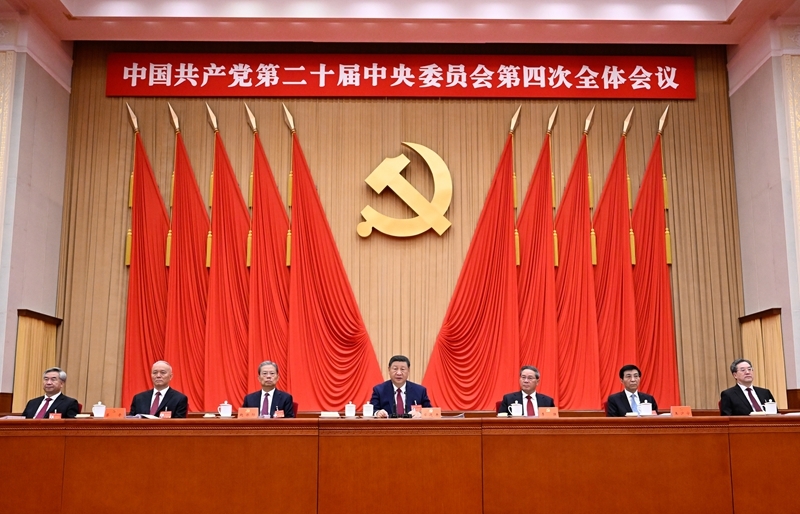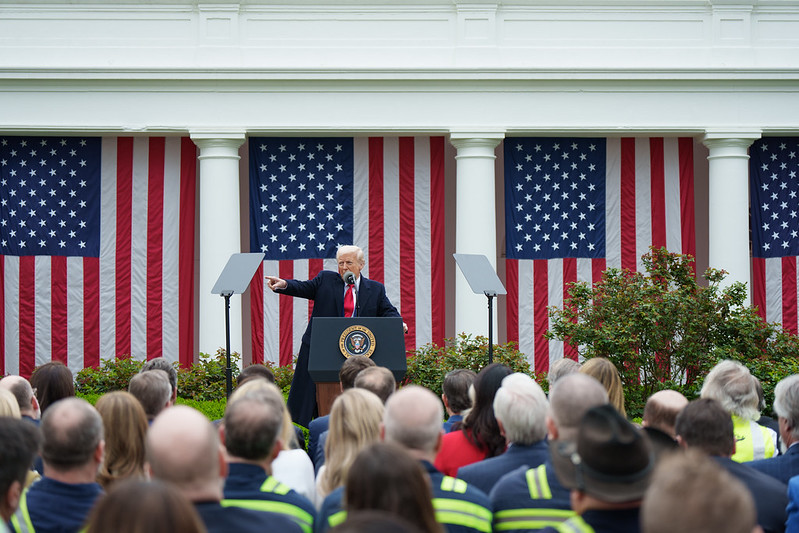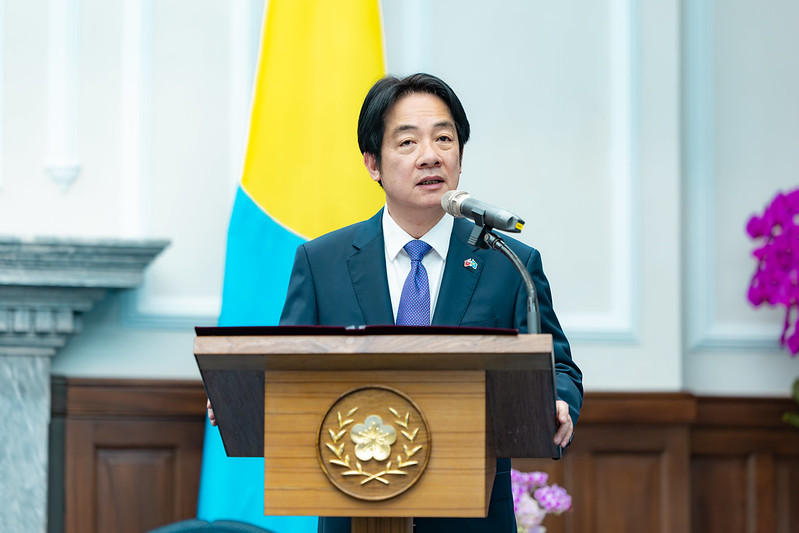Taiwan’s Presidential Elections: More Continuity than Change in Taiwan’s Relations with the World
Taiwan held its presidential elections on January 13, with many polls in the weeks prior to voting day showing the Democratic Progressive Party (DPP) candidate, Lai Ching-te, in the lead. As expected, Lai was elected, with 40 percent of the vote.
Picture source: 賴清德, January 11, 2024, Facebook, https://www.facebook.com/photo/?fbid=929835998512178&set=pcb.929841651844946.
Prospects & Perspectives No. 12
Taiwan’s Presidential Elections:
More Continuity than Change in Taiwan’s Relations with the World
By Benjamin Ho & Joshua NT Park
Taiwan held its presidential elections on January 13, with many polls in the weeks prior to voting day showing the Democratic Progressive Party (DPP) candidate, Lai Ching-te, in the lead. As expected, Lai was elected, with 40 percent of the vote, 6 percent more than his KMT rival Hou Yu-ih. Lai’s election was a third straight victory for the DPP, following his predecessor, Tsai Ing-wen’s wins in 2016 and 2020. Not surprising, China expressed its displeasure at the results, and the following day, Nauru switched diplomatic recognition from Taiwan to the People’s Republic of China (PRC), leaving Taipei with formal diplomatic relations with only 11 of the 193 UN member states plus the Vatican. In addition, in the past few weeks until the Lunar New Year holiday, China also continue its incursions into Taiwan’s air defense identification zone (ADIZ) and across the median line in the Taiwan Strait, and unilaterally changed a flight path close to the median line, sparking protests from Taipei.
Seasoned China watchers will argue that none of this is new and that this is part of the pressure tactics Beijing has long exerted on Taipei. The outcome of Taiwan’s presidential elections was arguably a best-case outcome for Taiwan, to the extent that none of the major parties obtained everything they wanted, but neither did any of them end up with nothing. Lai’s victory was certainly a win for DPP, but was less resounding than the green camp had hoped, and his vote count was significantly lower than that of his predecessor, who won 57 percent of the votes against the KMT’s Han Kuo-yu (38 percent) in 2020. While the KMT failed to win the big prize, it edged the DPP in the Legislative Yuan, winning 52 seats to the DPP’s 51, thus ensuring a strong voice in the next Taiwan government (not to mention the presence of Han as Legislative Speaker). The rise of Taiwan People’s Party (TPP) as a force to be reckoned with (it obtained 26 percent of the vote) will give both the DPP and the KMT food for thought in articulating a new approach to cross-Strait relations beyond their traditional positions. At the same time, it remains to be seen whether the TPP is able to sustain the gains it made in the elections beyond just the novelty factor and embed itself more deeply within the Taiwanese grassroots in competing with the two main parties.
The US factor: A happy outcome
Among international actors, the United States had reasons to be satisfied with the outcome of the elections, given the likelihood of continuity in terms of how the “status quo” in the Taiwan Strait will be maintained. From Washington’s perspective, Lai’s victory avoided the scenario whereby a Beijing-friendly Taiwanese government afforded the PRC greater inroads into Taiwan, and potentially undermining Washington’s strategic interests in Taipei, particularly in the area of semiconductors and high-tech manufacturing. Indeed, the “status quo” gives the U.S. the greatest amount of flexibility: it simultaneously allows Washington to keep Beijing guessing on its level of commitment to Taiwan while at the same time ensuring that pro-independence groups in Taiwan do not go overboard in pushing for their demands. The U.S.’ biggest concern with regards to Taiwan is not so much what Taipei may or may not do (Taiwanese government officials are careful not to overstep the boundaries), but rather its inability to find some kind of modus vivendi with Beijing. While the U.S. urged China not interfere in Taiwan’s elections, President Joe Biden’s first remarks post-elections was to state that the U.S. does not support Taiwan independence, while at the same time sending an unofficial bipartisan American delegation to Taipei.
The U.S. will no doubt also be pleased with Lai and his vice-president, Hsiao Bi-khim, given their previous roles as vice president and envoy to the U.S., respectively. The composition of the American delegation attending Lai’s inauguration on May 20 will be telling, and more importantly it will send a strong signal of what to expect in terms of American political rhetoric toward Taiwan in the lead up to the U.S. elections in November. If Biden is re-elected, bilateral ties will likely remain as they have been for the past four years; a Trump presidency, on the other hand, could potentially create unpredictability in cross-Strait ties.
China: No love lost
For the PRC, the outcome of the elections should not have come at a surprise. In a research visit to China by one of the authors, Chinese analysts said they expected Lai would wi, as did most opinion polls in Taiwan leading up to the elections. The muted coverage on Chinese media of the Taiwanese elections can be construed as an attempt by the Chinese government to avoid legitimizing the elections with the Chinese people, lest comparisons between China and Taiwan be made domestically.
The DPP’s failure to secure a majority of seats in the legislative, meanwhile, should reassure Beijing that a new Taiwanese government is unlikely to push the envelope too much in terms of cross-Strait relations. However Beijing will not be pacified so easily, especially if Lai — following his predecessor — refuses to acknowledge the so-called “1992 consensus,” which Beijing insists on as a starting point for engagement with the Chinese government. In other words, there will be no love lost between Beijing and Taipei, and cross-Strait relations are likely to continue in their current form. While the mainstream argument is that a KMT win is good for Beijing and a DPP win is bad, the outcome of the January elections was not entirely bad one for China, provided that it is able to recognize the opportunities that come from it.
The KMT defeat in the presidential election shows that its old narrative with regards to China sorely needs to be refreshed. This is not necessarily a bad thing for Beijing, as a revamp of its own approach to Taiwan, and perhaps a new political arrangement with Taipei that better reflects the views of younger people across both sides of the Strait, might give it the traction and appeal it has lacked thus far. Secondly, given that Lai is a known quantity, Beijing is likely to be able to predict what he does and thus ensure that cross-Strait ties remain on an even keel. Taiwan will not seek to upend the current “status quo” or veer towards de jure independence in a reckless manner. As such, Beijing should be assured that the next administration will likely carry on the policies of the previous administration, thus maintaining the “status quo” in the Taiwan strait. Assuming this “status quo” is not unpalatable to Beijing, there is no reason why China would want to alter this configuration in a significant way and thereby create more problems for itself.
Finally, given that bread and butter issues continue to matter most for the Taiwanese people, both the DPP and the KMT would do well to avoid overly focusing on cross-Strait matters. Political stability will continue to matter to the Taiwanese people. Paradoxically, the outcome of the elections was a vote for stability as opposed to change. Hence, Beijing would do well not to upend or to be seen to be shifting the “status quo.” If Beijing is able to frame its outreach to Taiwan in the coming years as one of safeguarding and promoting the stability of Taiwan, it is likely to sit well with voters in 2028.
More continuity than change in Taiwan’s relations with the world
This year will witness more continuity than change in Taiwan’s relations with the world. Cross-Strait relations are unlikely to worsen dramatically, even if periodic mishaps happen between Beijing and Taipei. The U.S. presidential elections will be of much greater consequence to cross-Strait relations. While a Biden victory would conceivably ensure continuity in cross-Strait relations, a Trump victory could lead to unpredictable consequences, particularly if Taiwan is being used as a bargaining chip in Washington’s ties with Beijing.
The January elections in Taiwan made it clear that Taiwan’s preference is to maintain the “status quo,” which is something that Beijing — despite its vocal opposition to the DPP — can live with. The central question then is whether the U.S. would continue to provide similar support to Taiwan under a different administration or whether its policies towards Taipei would significantly change. Taiwan would do well to ensure that it does not become too beholden to the U.S., nor should it assume that political conditions in China will always remain the same.
(Benjamin Ho is an Assistant Professor, and Coordinator of the China Programme, S. Rajaratnam School of International Studies, Nanyang Technological University, Singapore. Joshua Park is a retired ROK navy captain and currently a lecturer at George Mason University.)





